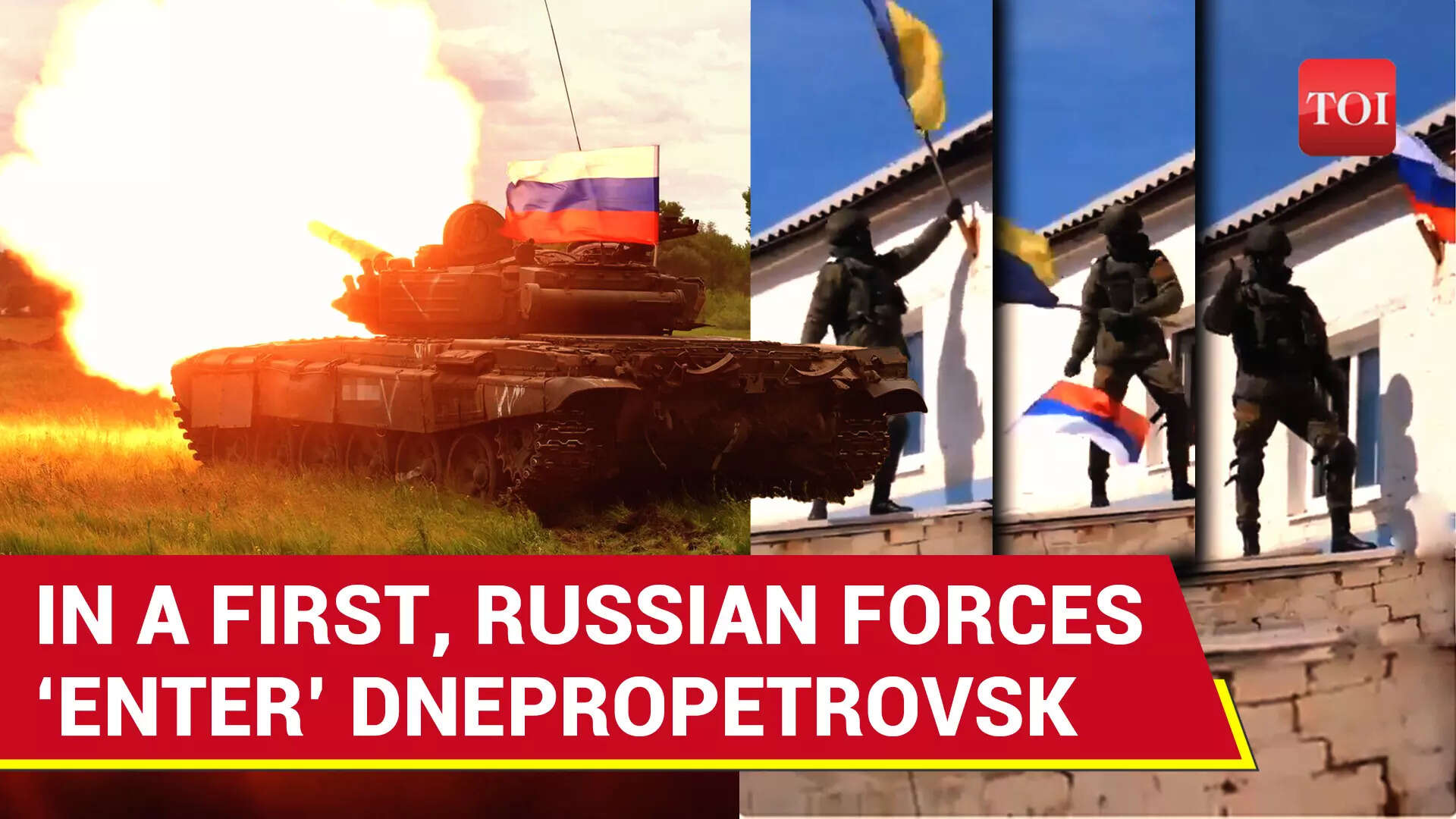Ukrainian Forces Suffer Heavy Losses as Zarya Falls to Russian Control – Zelensky Declares ‘Situation Is Difficult’
Ukrainian Losses Mount As Zarya Falls To Russia; Zelensky Says ‘Situation Is Difficult’
In a significant development on the battlefield of Eastern Ukraine, Russian forces have reportedly captured the Zarya settlement in the Donetsk region. This marked a decisive moment in the ongoing confrontation, as Moscow has claimed that Ukrainian troops surrendered without a fight, raising the Russian flag over the settlement. The implications of this loss are profound, leading to increased concerns regarding the broader conflict and the capabilities of Ukrainian defenses.
Losing Ground: The Cost of the Battle for Zarya
The assault on Zarya, which unfolded over the past week, was led by the Yug battlegroup. Russian officials state that their forces deployed heavy artillery and airstrikes, culminating in substantial Ukrainian losses, with the Defense Ministry citing over 1,200 Ukrainian troops killed during the offensive.
Key aspects of the battle included:
- Artillery and Air Support: The assault was heavily backed by artillery support and strategic airstrikes, reminiscent of earlier tactics employed in the conflict.
- Sophisticated Targeting: Russian forces successfully targeted Ukrainian electronic warfare stations and ammunition depots, crippling vital supplies and communication lines.
- Victory Claims: The efficiency of Russian operations has been emphasized through claims of a ‘meek surrender’ from Ukrainian troops, raising questions about the morale and strategy of Ukrainian forces in the region.
Zelensky’s Response: A Sobering Reality
Ukrainian President Volodymyr Zelensky acknowledged the stark situation during a recent address, stating that the circumstances are “difficult” for his nation’s military. This admission highlights the pressure Ukraine is facing as it strives to defend its territory against a well-coordinated Russian offense. Analysts have pointed out that this situation may necessitate a reassessment of strategic deployment and support for Ukrainian forces.
Broader Implications for the Conflict
The fall of Zarya signifies a strategic shift in the ongoing war between Ukraine and Russia, with ripple effects likely to impact the future dynamics of the conflict. Here are some potential ramifications:
- Increased Pressure on Ukrainian Forces: With the loss of Zarya, Ukrainian military leaders may need to recalibrate their tactics to avoid further territorial losses.
- International Support: This shift could pivot discussions around military aid and financial support from Western nations, emphasizing the urgency of bolstering Ukraine’s defenses.
- Escalation in Eastern Ukraine: The Russian military’s advancements in the Donetsk region could lead to further violence and civilian casualties, exacerbating the humanitarian crisis.
The Stakes in Dnipropetrovsk Region
As part of their ongoing offensive, Russian forces have also reportedly made strides into the Dnipropetrovsk region, effectively complicating the situation for Ukrainian defenses. The Tsentr battlegroup’s maneuvers further signal that Russian advancements could extend beyond Donetsk, raising alarms about possible near-future offensives in multiple fronts. This increased momentum may embolden Russia to push further into Ukrainian territory, dramatically escalating the conflict’s intensity.
Conclusion: The Fight for Control Continues
The recent fall of Zarya not only reflects the precarious situation faced by Ukrainian forces but also highlights the evolving nature of the war in favor of Russia. As military experts and strategists analyze the implications of these developments, it is clear that the fight for territorial integrity in Ukraine is far from over. With President Zelensky acknowledging the somber reality of the situation, the global community watches closely, awaiting potential shifts in international policy and support for Ukraine. With the stakes as high as ever, the unfolding story in Eastern Ukraine will continue to captivate and concern observers worldwide.
As the situation develops, it serves as a poignant reminder of the fragility of peace and the significant human cost associated with this ongoing conflict, urging a renewed focus on diplomatic resolutions and humanitarian aid for affected populations.





